Schools with effective teachers have helped students achieve outstanding scores, putting Vietnam among the best education systems in the world, according to The Economist.
Although Vietnam’s GDP per capita of $3,760 is lower than that of regional peers Malaysia and Thailand, children of Vietnamese families enjoy one of the best school systems in the world, according to the newspaper. This is reflected in international assessments of Vietnamese students’ reading, math and science abilities.
Figures from the World Bank show that in terms of overall academic performance, Vietnamese students outperform not only their peers in Malaysia and Thailand, but also those in the UK and Canada, countries six times richer than them. Even within the country, student scores do not show the same gender and regional disparities as elsewhere.
A child’s aptitude for learning is the result of several factors, starting with the family and environment in which they grow up. But that alone is not enough to explain the outstanding performance of Vietnamese students. The secret lies in the classroom: children learn more in school, especially in their early years.

Vietnamese students during a break. Photo: Alamy
In a 2020 study, Abhijeet Singh, an associate professor at the Stockholm School of Economics in Sweden, assessed the performance of Vietnamese schools by examining data from identical tests given to students in Ethiopia, India, Peru, and Vietnam. He found that Vietnamese children aged 5 to 8 outperformed them. An extra year of schooling in Vietnam increased the ability to solve a simple multiplication problem by 21 percentage points; in India, it was 6 percentage points.
Research by experts at the Center for Global Development in Washington, USA, shows that in 56/87 developing countries, the quality of education has declined since the 1960s. Vietnam is one of the few that has gone against this trend.
The biggest reason is that teachers are more effective. A study comparing Indian and Vietnamese students suggested that much of the difference in math test scores was due to the quality of instruction.
Vietnamese teachers do their jobs well because they are well managed, regularly trained and given the freedom to be creative in making their classes engaging for students, according to British newspapers. To address inequality, teachers working in remote and disadvantaged areas receive additional allowances and higher incomes. Most importantly, teachers are evaluated based on student performance. Teachers with good students are awarded the title of "Excellent Teacher".
The Economist also mentioned the Party and Government's attention to education as policies are adjusted to meet curriculum and teaching standards. Local budgets are required to spend 20% on education.
Mr. Ngo Quang Vinh, from the Asian Development Bank (ADB), said that the importance Vietnamese families attach to education also stems from the tradition of studiousness. Even though they do not have many conditions, parents still try to send their children to extra classes. In the cities, many people look for schools with good teachers for their children to study.
However, Vietnam’s education system also faces many challenges that the government must address. For example, businesses have a growing demand for workers with complex skills, but student training has not been able to meet the demand. Economic growth has also led to migration to cities, overloading urban schools. Meanwhile, many teachers have left their jobs to work in the private sector.
Dawn (According to The Economist)
Source link


![[Photo] Prime Minister Pham Minh Chinh chairs conference on anti-smuggling, trade fraud, and counterfeit goods](https://vphoto.vietnam.vn/thumb/1200x675/vietnam/resource/IMAGE/2025/5/14/6cd67667e99e4248b7d4f587fd21e37c)














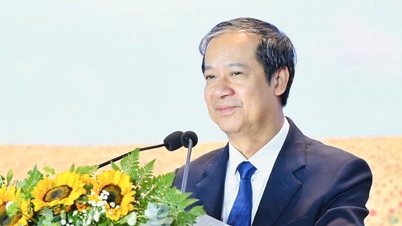



















































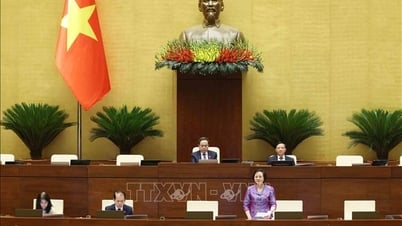


















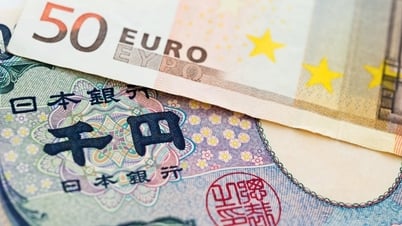
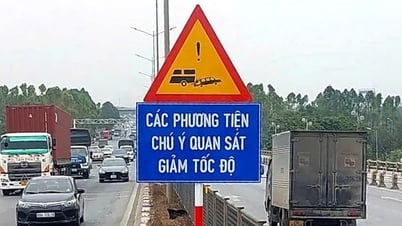

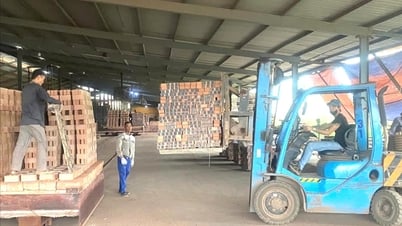












Comment (0)